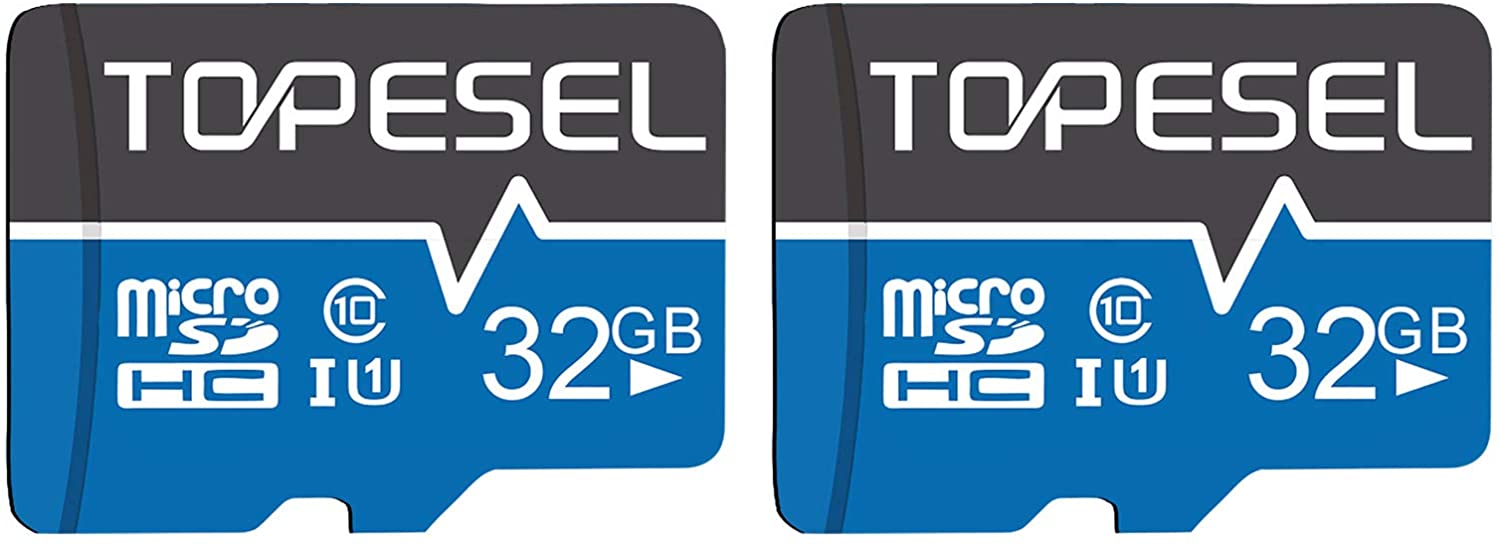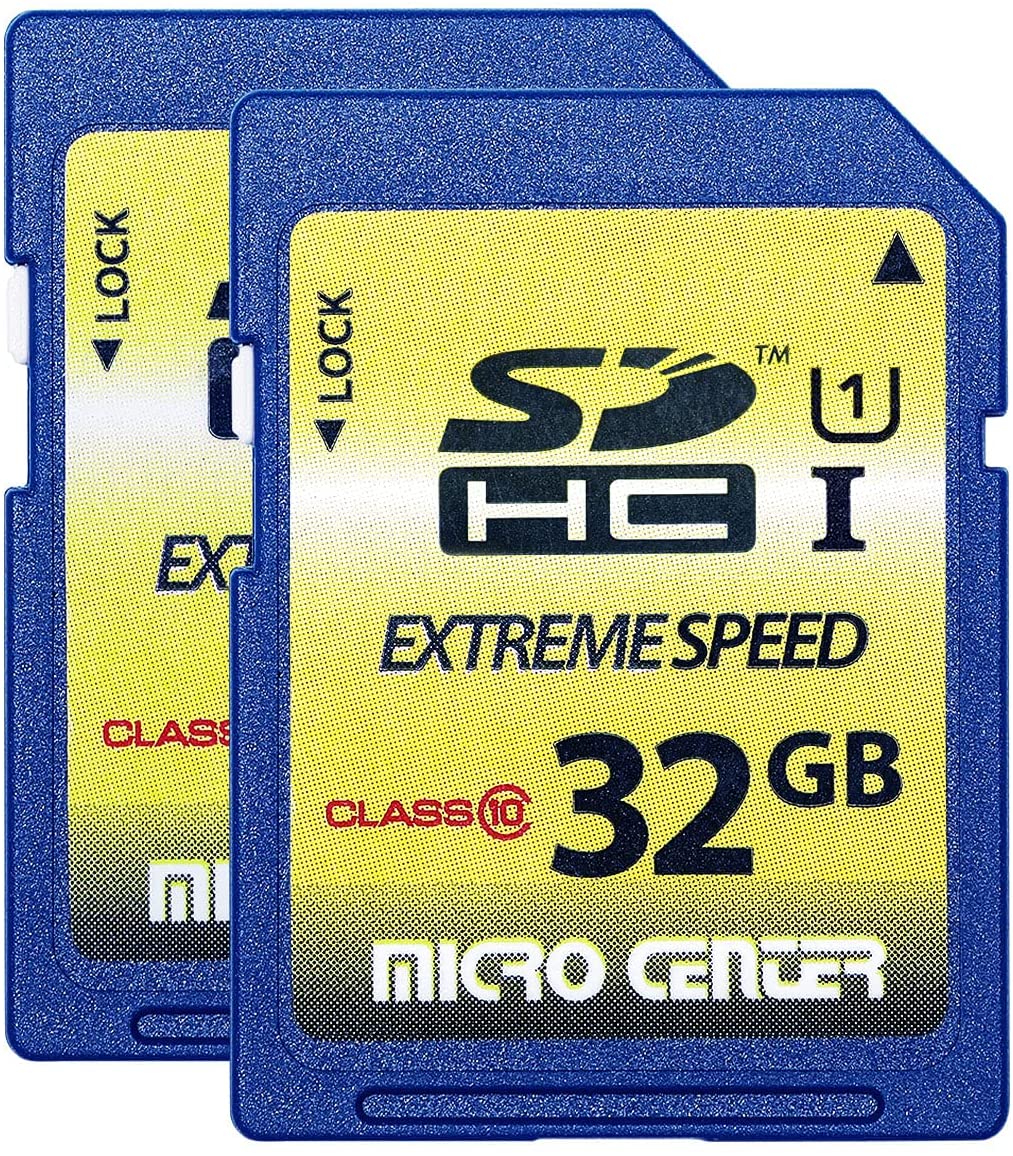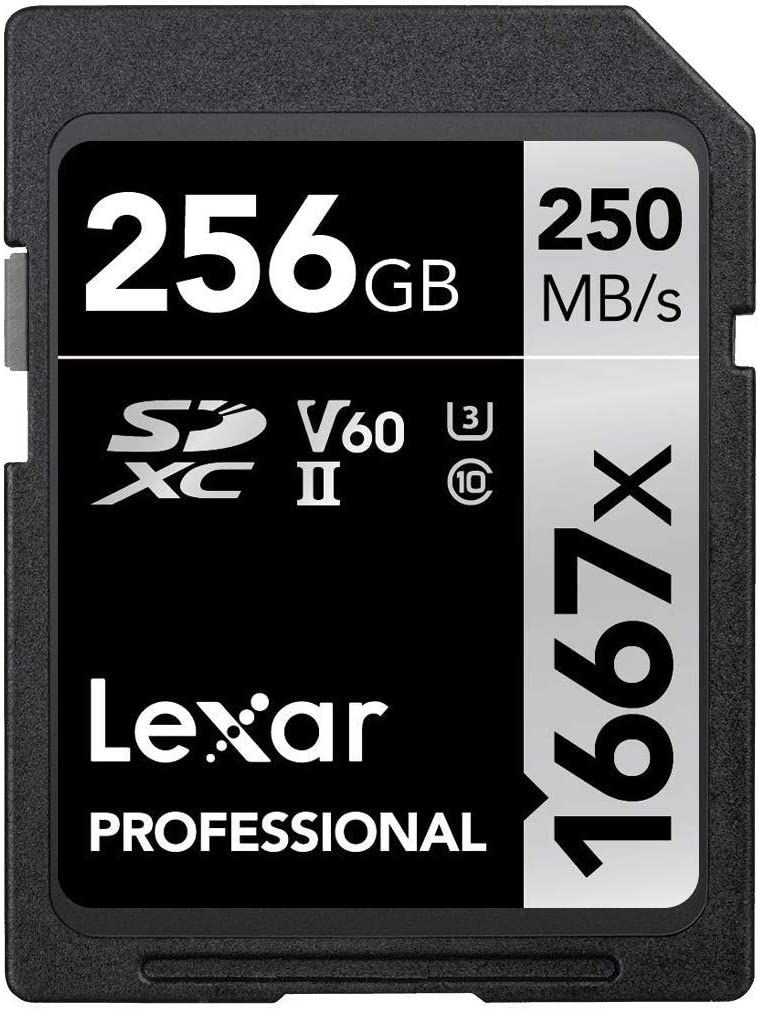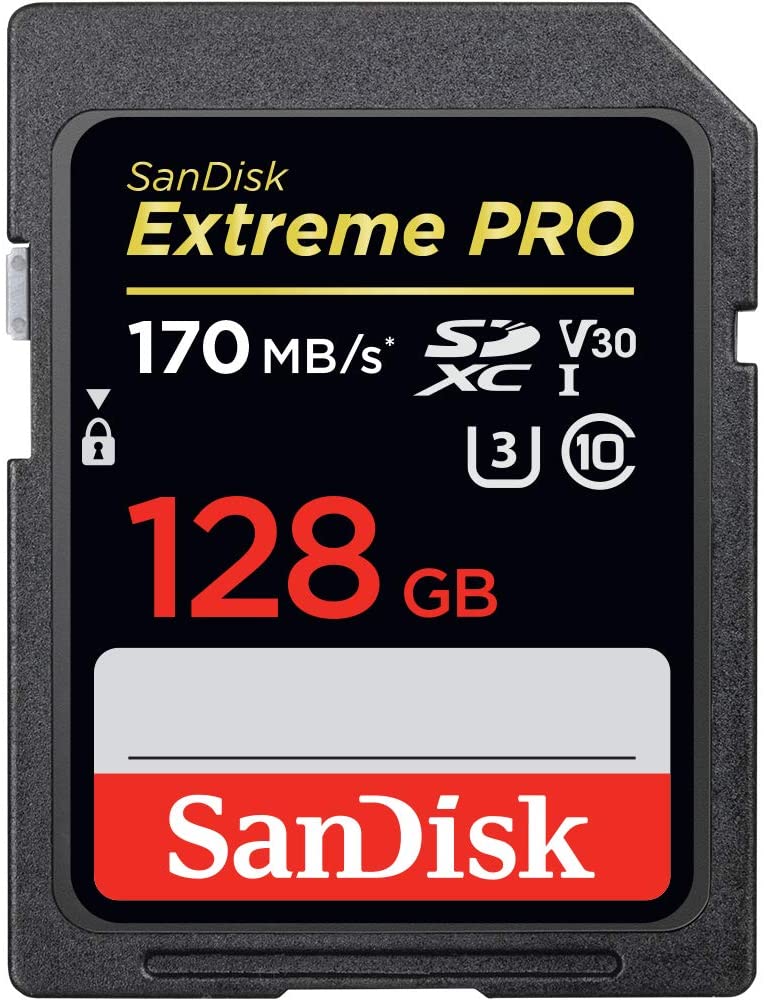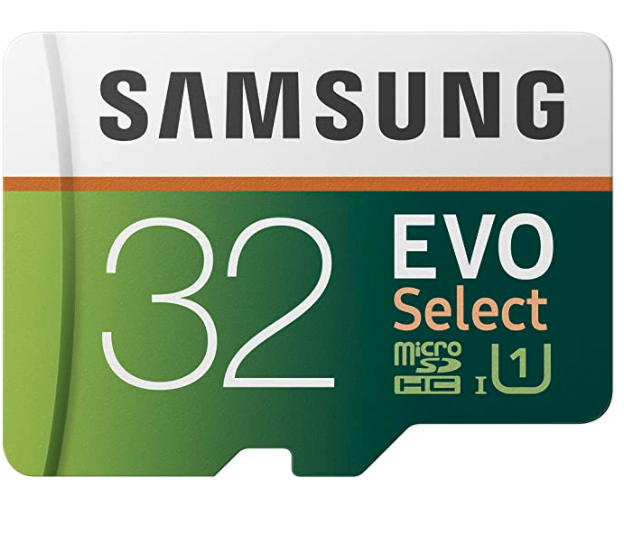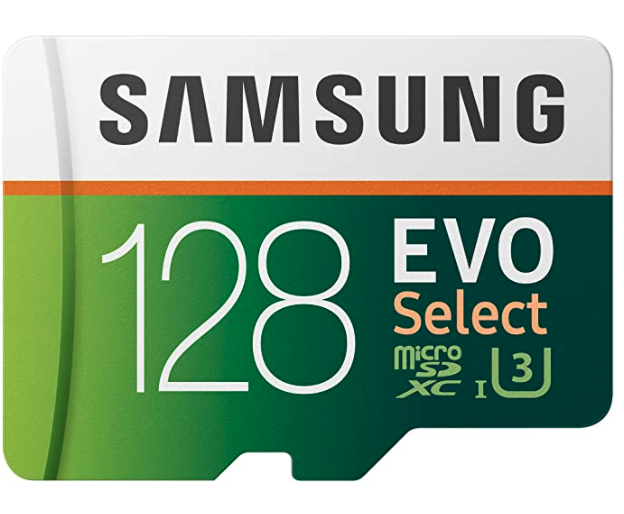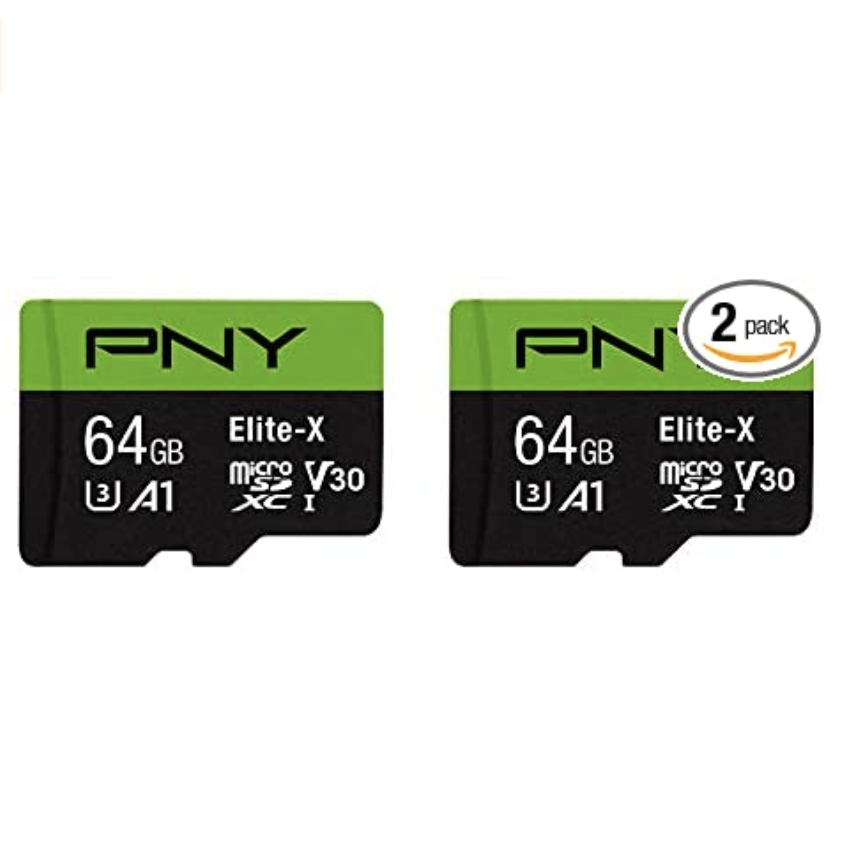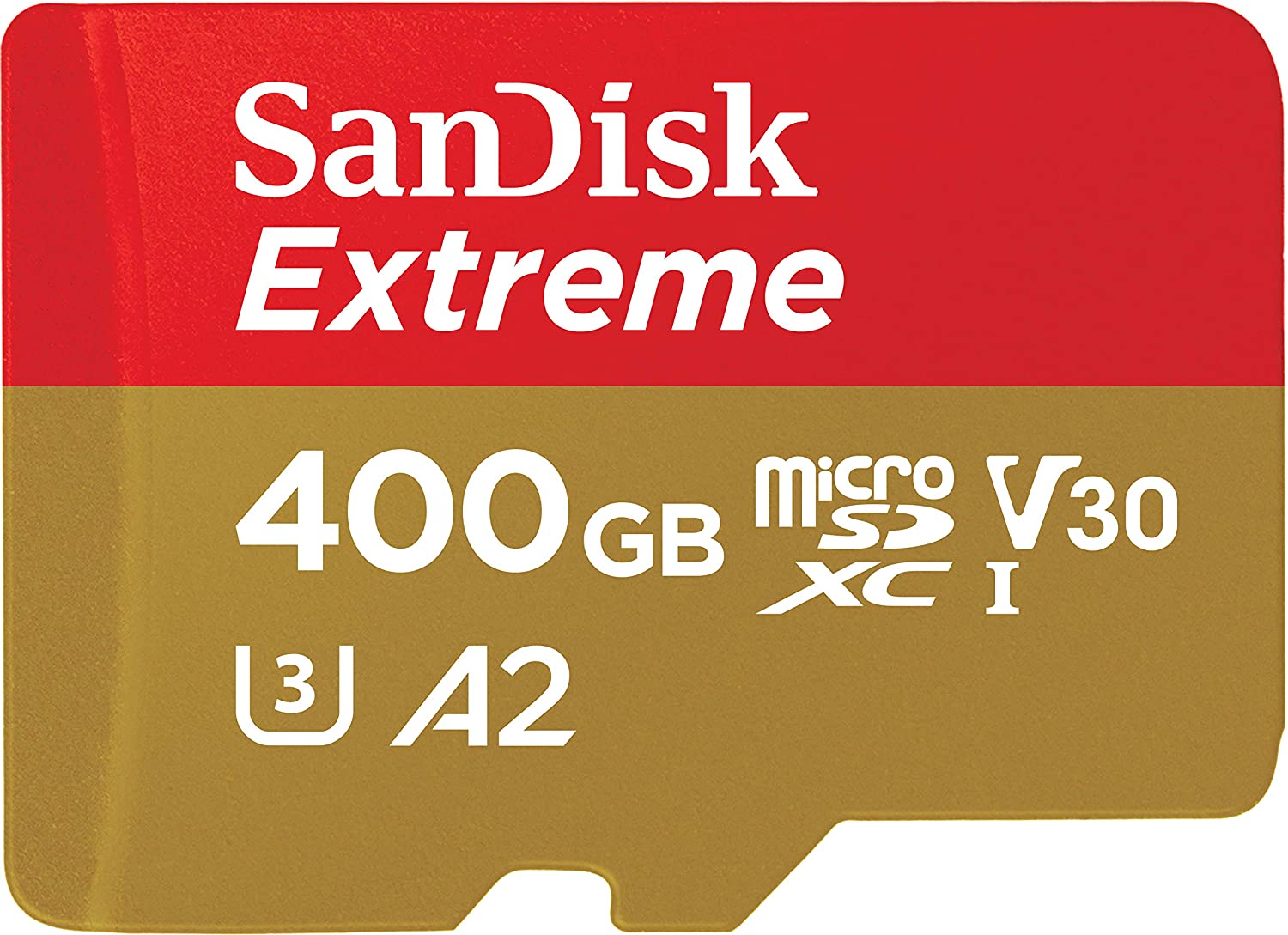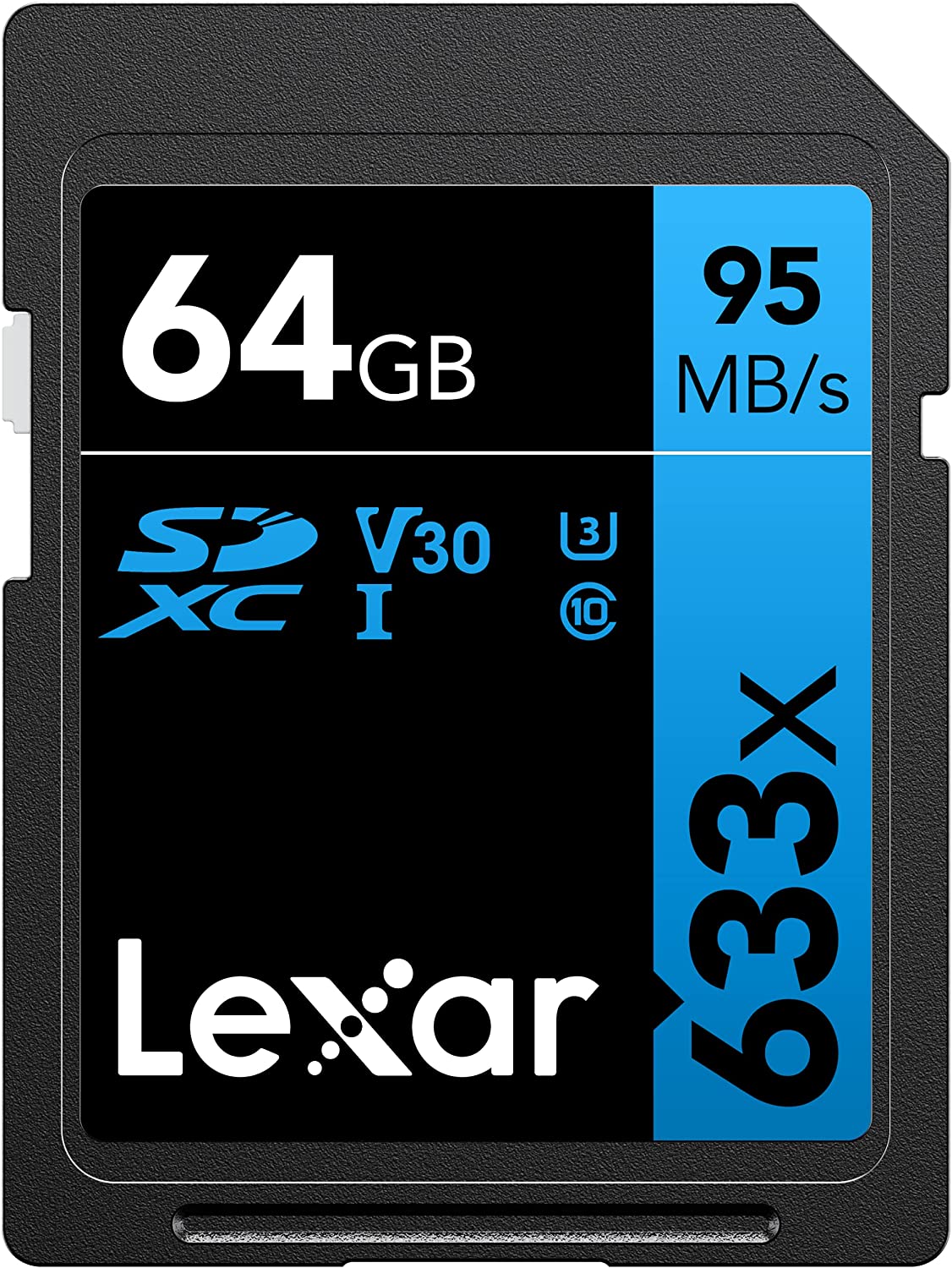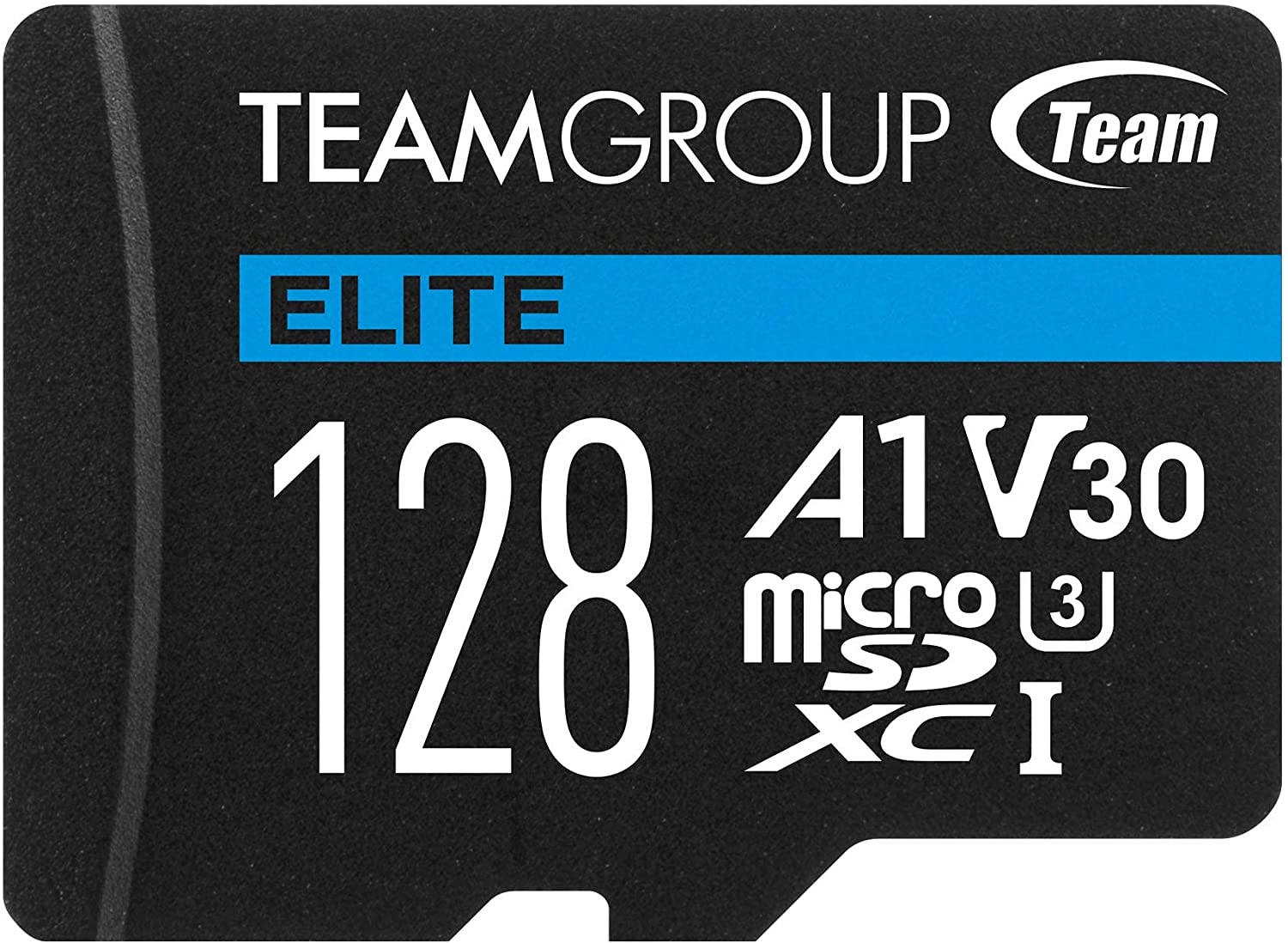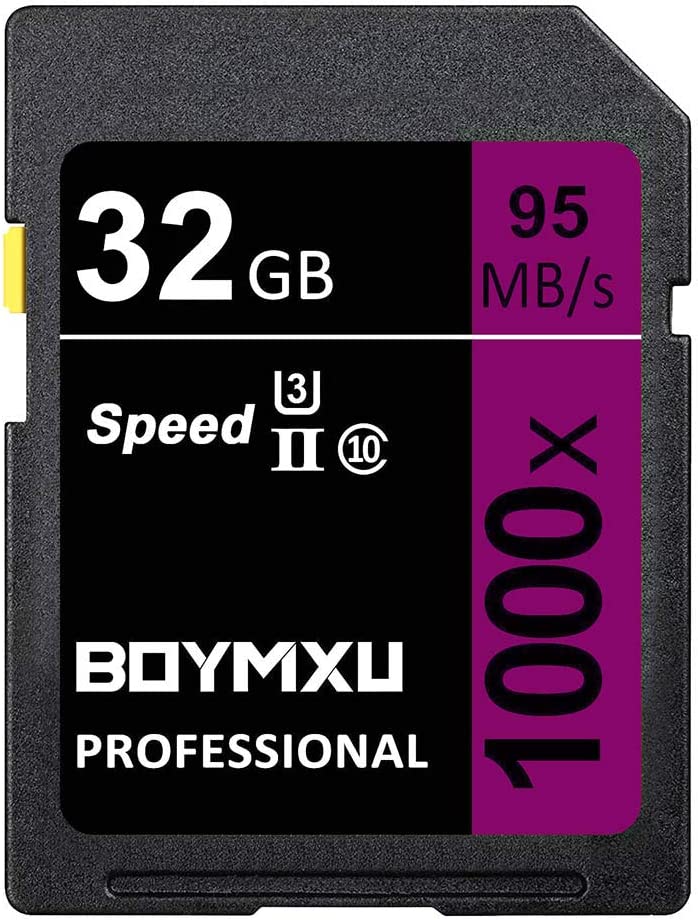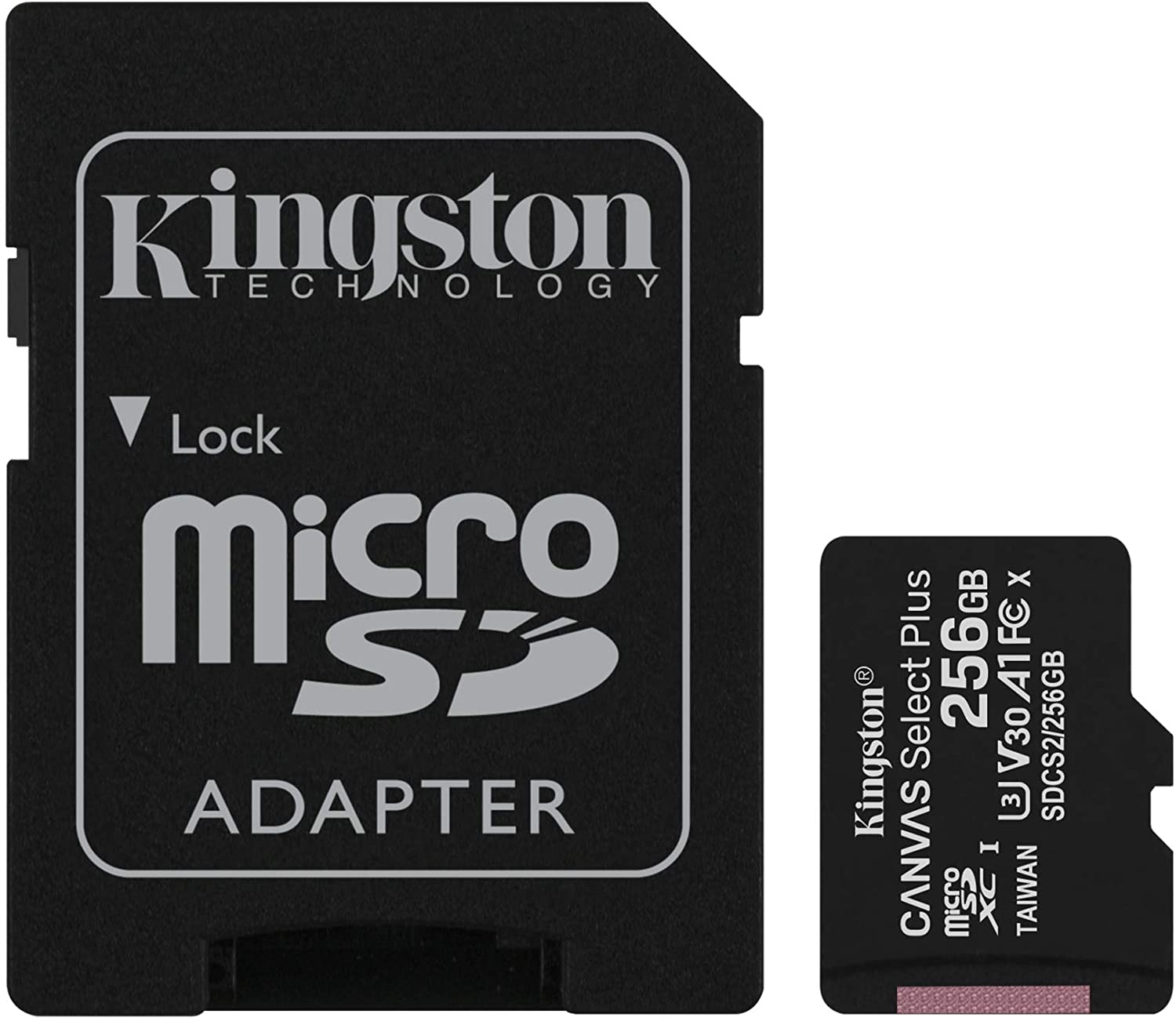TOPESEL High-Speed Shockproof Memory Card, 32GB
Last updated: August 1, 2022
We looked at the top Memory Cards and dug through the reviews from some of the most popular review sites. Through this analysis, we've determined the best Memory Card you should buy.
Product Details
In our analysis, the TOPESEL TOPESEL High-Speed Shockproof Memory Card, 32GB placed 9th when we looked at the top 12 products in the category. For the full ranking, see below.
From The Manufacturer
High-speed: TF memory card up to 85MB/s & 20MB/s read & write speeds respectively,Class 10 UHS-1(performance may vary based on host device, interface, usage conditions, and other factors). High compatibility: Ideal for 4K UHD video recording, high resolution pictures, mobile gaming and music, for use in Smartphones, Drones, Android Tablets, Tablet PCs, Action Cameras, DSLRs and more. Reliable & Durable: Shockproof, temperature-proof, waterproof, and X-ray-proof. By default the 32G micro SD card is formatted as exFAT: Actual available capacity for data storage is less than as listed on the products due to formatting and other functions. 1GB=1,000,000,000 bytes. 30-Day Money Back Guarantee: 100% factory tested high performance premium cards to meet ultimate top quality.
